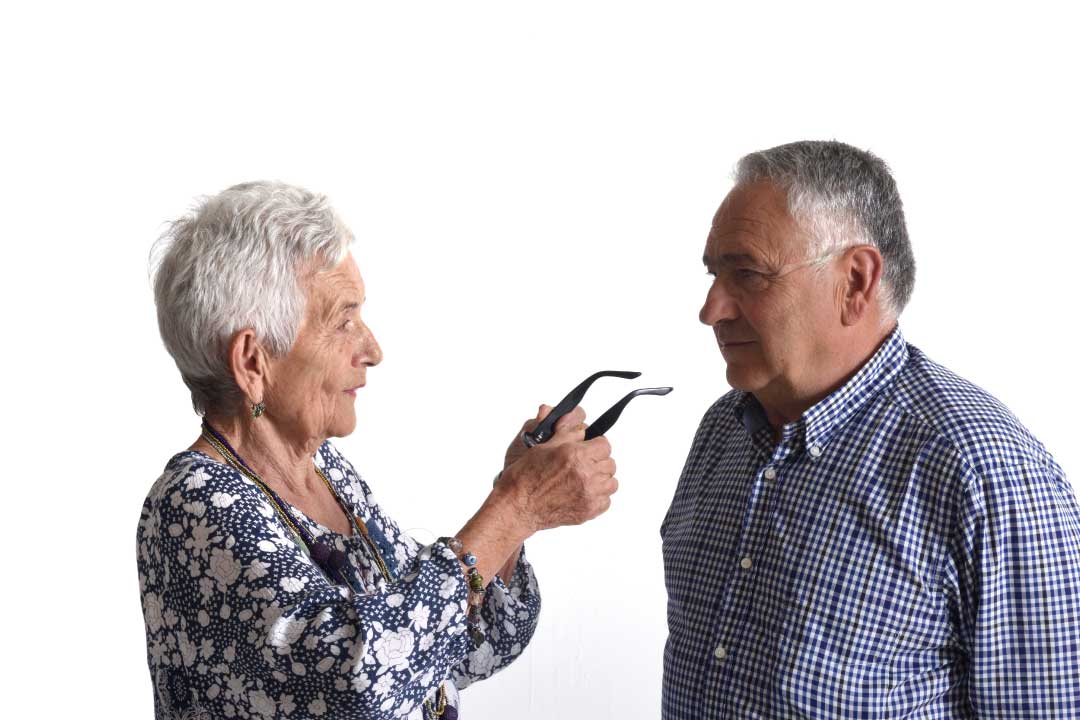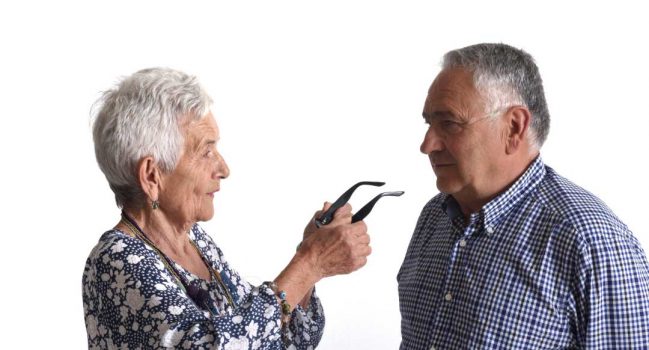
The growing threat of diabetic eye disease
May is Macula Month, and along with age-related macular degeneration, diabetic eye disease is one of the most common conditions that threatens the macula. In this post, put together by our head office team we take a closer look at diabetic eye disease.
Diabetic eye disease
Too many Australians have closed their eyes to diabetic eye disease, the leading cause of blindness among our working-age population, a new study has revealed.
A YouGov poll conducted in early 2020 of 1,049 Australians commissioned by Macular Disease Foundation Australia (MDFA) discovered that only 29% of Australians aged 50 to 70 have heard of diabetic retinopathy (DR), while only 26% are aware of diabetic macular oedema (DMO), a complication of DR that threatens the central vision.
Although 82% identified the eyes as a body part that diabetes can affect – higher than feet (74%), kidneys (68%), and even the heart (53%) – the lack of awareness of what these conditions are called means many people who are at risk remain in the dark about these sight-threatening complications.
Macula Month
MDFA commissioned this study to mark ‘Macula Month’, an annual awareness campaign each May, urging those at-risk to visit their optometrist for a comprehensive eye exam – including a check of the macula.
Age-related macular degeneration (AMD) and diabetic eye disease (DED) are the most common conditions that threaten the macula and detailed central vision.
Diabetic retinopathy is the most common diabetic eye disease and the top cause of blindness in working-age Australians, affecting between 300,000 and 400,000 people.
MDFA CEO Dee Hopkins is concerned that most people cannot even name the disease.
“Diabetic retinopathy claims the eyesight of more working-age Australians than any other eye condition, yet less than 30% of people know its name,” Ms Hopkins says.
“But we do know that early action can save sight. It’s crucial that everyone over 50 – and everyone diagnosed with diabetes – has regular eye checks with their eye health professional to detect any changes to the eye early.”
60 seconds could save your sight
The Macula Disease Foundation Australia developed "Check My Macula", a short 60 second online quiz that reveals your individual risk factors for AMD and diabetic eye disease.
Everyone with diabetes is at risk of developing diabetic retinopathy, and the longer a person has diabetes, the greater the likelihood of the disease.
Diabetic retinopathy numbers surge
Around 1.7 million Australians live with diabetes – a figure expected to climb past two million by 2025, driving a surge in diabetic eye disease.
Almost everyone with type 1 diabetes and more than 60% of people with type 2 diabetes will develop some form of diabetic retinopathy within 20 years of diagnosis. One in three people over the age of 50 with diabetes has the condition.
MDFA Ambassador and 2020 Australian of the Year, Adelaide ophthalmologist Dr James Muecke AM, says people with diabetes can take active steps to reverse their risk of vision loss.
“Diabetic retinopathy is the only reversible macular condition,” Dr Muecke says.
“If you control your diabetes, or if you are able to put your type 2 diabetes into remission, you can turn this blinding disease around. We want people to not only understand the name of the disease –we want everyone to take action to avoid its devastating outcome.
“This is easily done through regular eye examinations and managing your diabetes. When the disease is picked up early, you can make lifestyle changes and access good treatments that maintain sight and prevent severe vision loss,” he says.
Book an eye test with us this Macula Month to have a comprehensive eye test and to check your macula.
Ready to book an appointment?
Online bookings available or call us on (07) 3463 0349.
This website does not provide medical advice. It is intended for informational purposes only. It is not a substitute for professional medical advice, diagnosis or treatment. Never ignore professional medical advice in seeking treatment. If you think you may have a medical emergency, immediately dial Triple 0 (000).

